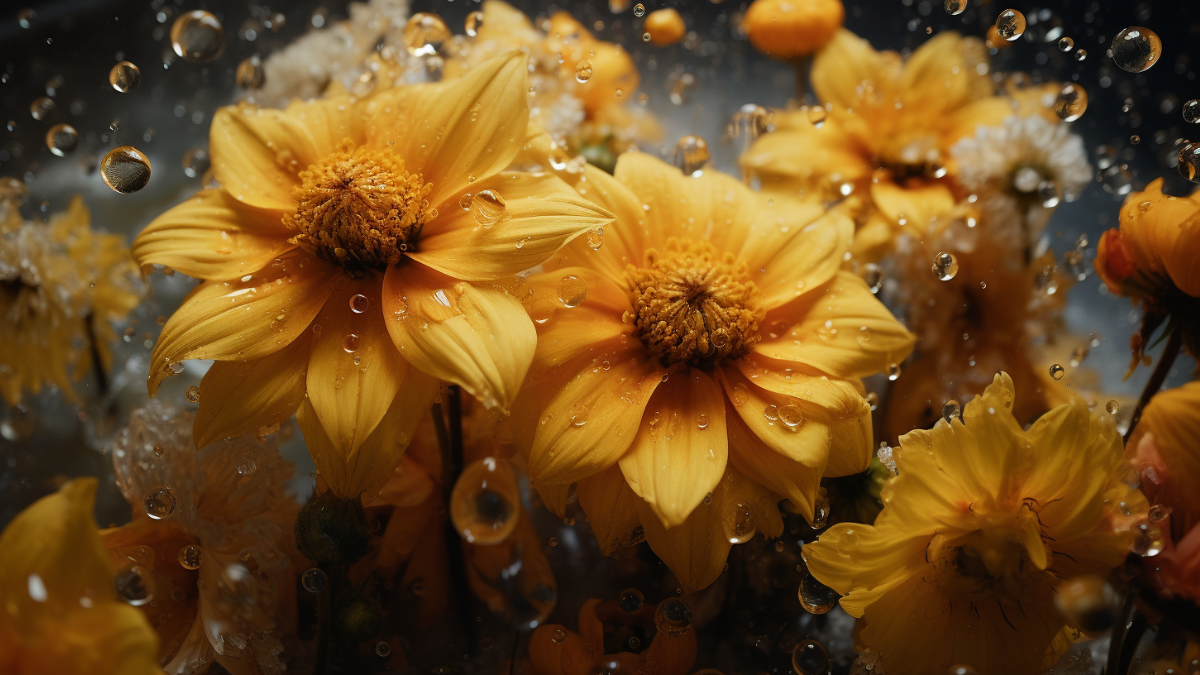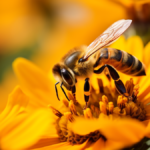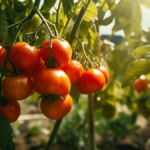In the vast tapestry of nature’s wonders, there exists a minuscule yet mighty element that plays a crucial role in the survival of countless plant species – pollen, what is pollen? This seemingly insignificant grain carries the potential to shape ecosystems, support agriculture, and sustain life on Earth. Join us on a captivating journey as we delve into the captivating world of pollen, its profound significance, and the fascinating mechanisms through which it fulfills its vital role in the cycle of life.
The Genesis of Pollen: Understanding its Origins
Pollen, in its essence, is the male reproductive cell of flowering plants. It originates within the anthers, part of the plant’s stamen. With vibrant colors and diverse shapes, pollen grains exhibit an enchanting beauty under the microscope. These small, powdery grains might seem unassuming, but their impact on the natural world is nothing short of extraordinary.
The Pollination Process: A Dance of Nature
As the wind whispers through meadows and the sun bathes the landscape in its golden glow, a silent dance of nature unfolds. This is the enchanting process of pollination. It is through this captivating ballet that Pollen embarks on a journey to fulfill its destiny. Pollen can be transferred from the male part of a flower to the female part of another flower of the same species, leading to fertilization and the eventual formation of seeds and fruits.
Nature’s Precious Symbiosis: Pollinators and Pollen
While some plants rely on the wind to disperse their pollen, many have enlisted the help of an array of creatures to carry out this crucial task – pollinators. From the fluttering wings of butterflies to the buzzing enthusiasm of bees, pollinators are the unsung heroes of plant reproduction. They establish a beautiful symbiotic relationship with the plants, receiving nourishment in the form of nectar or pollen while inadvertently ensuring the continuation of the plant species.
The Wonders of Adaptation: Diverse Pollination Mechanisms
The kingdom of plants is a realm of astounding diversity, and as such, the mechanisms of pollination have evolved in remarkable ways. Some flowers have evolved to attract specific pollinators with their distinct colors, shapes, and scents. The deep, tubular flowers of certain plants are expertly tailored to accommodate the long tongues of hummingbirds, while others utilize intricate traps to ensure that only specialized insects can access their precious pollen.
The Circle of Life: Pollen in Agriculture
Beyond its significance in the natural world, pollen plays a crucial role in modern agriculture. The agriculture industry has harnessed the power of pollen through controlled pollination and hybridization techniques, enhancing crop yield and improving the quality of fruits and vegetables. While beneficial in many ways, this human intervention raises important questions about the potential ecological impacts and the importance of preserving natural pollinator habitats.
The Pollen Paradox: Allergies and Health Implications
Despite the wonders of pollen, this natural marvel can also pose challenges for some individuals. Seasonal allergies, often triggered by airborne pollen, affect millions of people worldwide. Understanding the factors that contribute to pollen allergies and developing effective management strategies can significantly improve the quality of life for those affected.
Pollen in History and Culture: A Timeless Connection
Pollen’s profound impact extends beyond biology and agriculture. Throughout history and across cultures, pollen has held symbolic and spiritual significance. From ancient rituals to contemporary art, pollen has inspired creativity and reflected the deep connection between humans and the natural world.
The Future of Pollen: Nurturing Biodiversity
In an era marked by environmental challenges, the conservation of pollinators and their habitats has become a pressing concern. Understanding the importance of preserving biodiversity and promoting pollinator-friendly practices can safeguard the delicate balance that sustains life on Earth.
The Legacy of Pollen: A Lasting Impact
As we unravel the secrets of this tiny but mighty particle, we gain a profound appreciation for the intricate web of life that surrounds us. Pollen’s role in pollination, agriculture, allergies, and culture showcases the interconnectedness of all living beings. In celebrating the wonders of pollen, we find ourselves embracing a deeper understanding of the delicate tapestry that binds us to the natural world. Let us cherish and protect this remarkable gift that has shaped our planet for millions of years, ensuring its legacy for generations to come.



